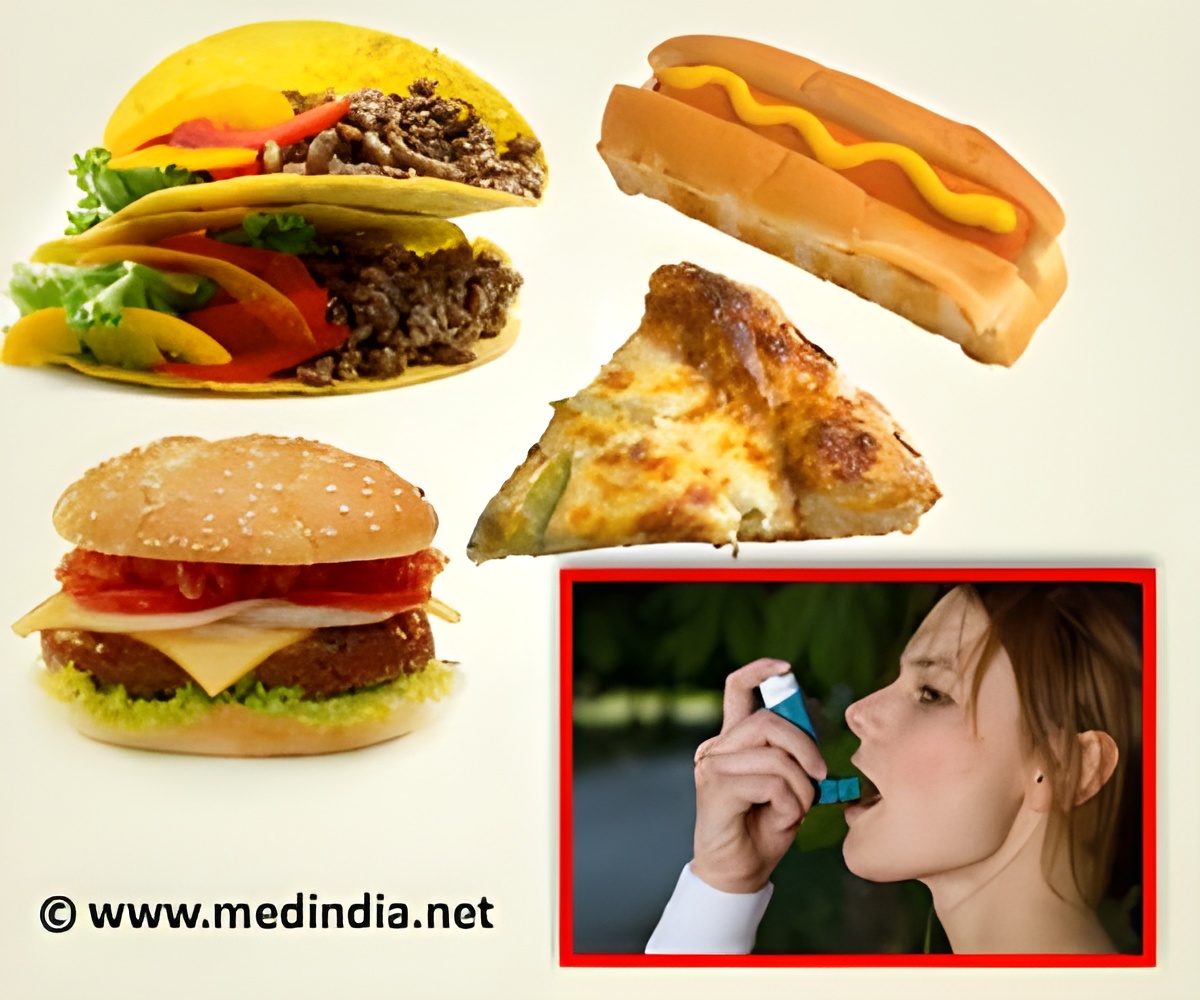Australian researchers have shown that a diet rich in meat can drastically increase the risk for asthma and hay fever, also known as allergic rhinitis.

Around 156,035 Australian men and women were enrolled in the study. It was noted that high intake of meat was associated with 10 percent and 25 percent increase in diagnosed cases of asthma (AS) and hay fever or asthma (HF/AS).
Male volunteers were given diet containing either of the components: meat/cheese; fruits/vegetables; poultry/seafood; grains/alcohol while female volunteers were given food containing meat; fruits/vegetables; poultry/seafood; cereal/alcohol; brown bread/cheese. The researchers found that meat was directly related with asthma. Even poultry and seafood were found to increase the risk for ailments such as asthma or hay fever.
However, brown bread or cheese was found to protect women against asthma.
Rosenkarnz stated, “Looking at the analyses for both sexes, diets generally high in meat, particularly diets marked by greater consumption of poultry, seafood and red and processed meats in females, and diets marked by greater amounts of red meat, processed meat, and cheese consumption in males, appear to be risk factors for AS and AS/HF diagnosis in this population.”
The researchers mentioned that a typical Western diet is poor in antioxidants and high in saturated fats and calories, which makes the people susceptible for these conditions.
Dietary factors associated with lifetime asthma or hayfever diagnosis in Australian middle-aged and older adults: a cross-sectional study; Richard Rosenkarnz et al; Nutrition Journal 2012.















